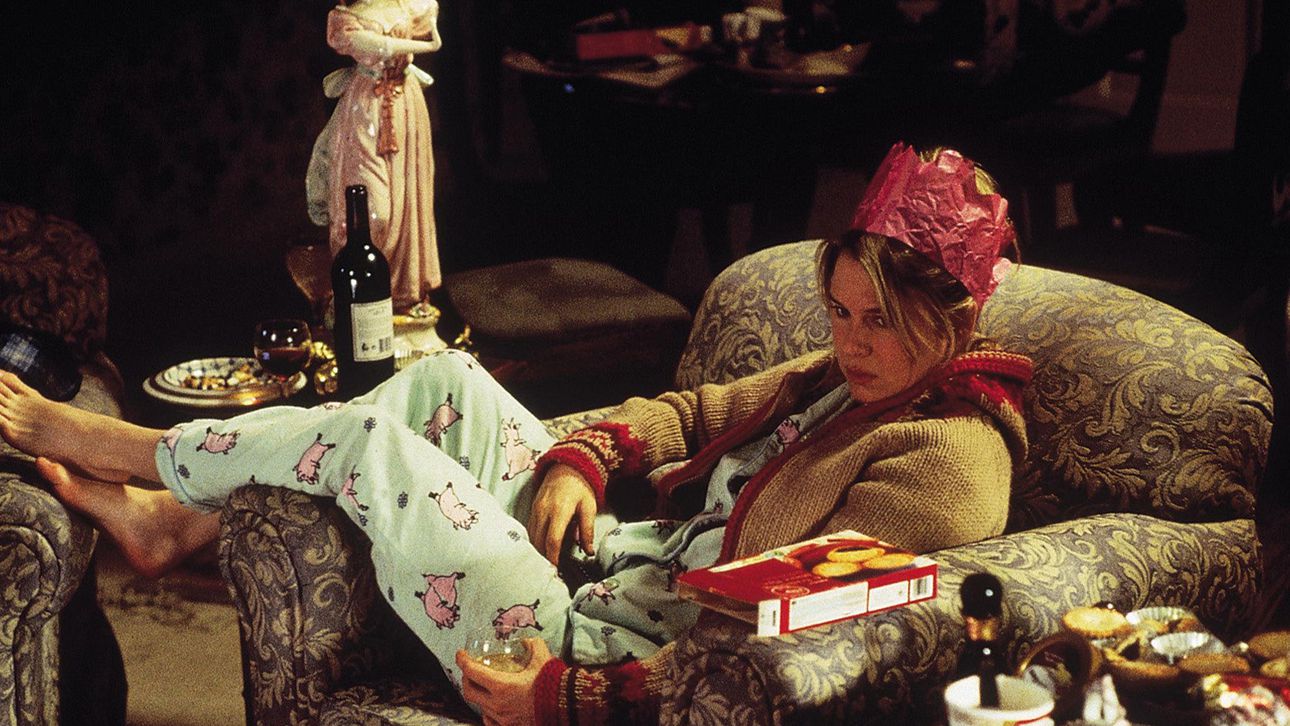The Red Envelope: Billkin and PP Krit’s Take on a Love Story Beyond the Grave
In a cinematic landscape saturated with remakes, reboots and sequels, you might ...

Every year, the publishers of the Oxford English Dictionary select one word they feel has been most relevant to the previous 365 days. This year, they didn’t select a word. Instead, for the first time ever, they passed on the responsibility to the public, allowing us to choose among three options: metaverse, goblin mode, and #IStandWith. What did we decide with 93% of some 340,000 votes? Goblin mode.
So what is “goblin mode”?
The Oxford dictionary describes goblin mode as “a type of behavior which is unapologetically self-indulgent, lazy, slovenly, or greedy, typically in a way that rejects social norms or expectations.” Perhaps fueled by lifestyle changes that occurred due to the pandemic, goblin mode tends to elicit images of being in bed late in the day, forgoing your presentable self, chores left undone, and fitness and health goals on hold; it’s basically a rom-com or sitcom character who’s just been broken up with.

A still from ‘Bridget Jones’ Diary’ (Image courtesy of Universal Pictures)
An exec from the Oxford University Press (OUP), Casper Grathwohl, said that the level of engagement with this Word of the Year campaign caught the organizers by total surprise. “Given the year we’ve just experienced, ‘goblin mode’ resonates with all of us who are feeling a little overwhelmed at this point. It’s a relief to acknowledge that we’re not always the idealized, curated selves that we’re encouraged to present on our Instagram and TikTok feeds,” he added. In that sense, goblin mode may be the self-care many of us are in need of. Beyond describing a phenomenon, goblin mode is also exhibited visually in the social media space, as people are starting to ditch impeccably curated social media feeds for more realism or embrace brand new platforms like BeReal, which forces people to post in real-time without embellishment.
Fake origins, real reception
In explaining the nomination of the “goblin mode” as this year’s word, Oxford says that the term was first used in 2009 but shot to prominence rather recently after some fake news surrounding the break-up of Ye (formerly known as Kanye West) and Julia Fox, which claimed that Fox had tweeted, “He didn’t like it when I went goblin mode.” Though Fox herself later set the record straight that she had never used the term before, goblin mode had already taken off in popular culture.
Whether you identify personally with the word or not, goblin mode makes history as the first publically-voted Oxford Word of the Year and marks a shift away from the idealization of constant self-improvement and put-togetherness. If you’ve been feeling overwhelmed and burned out, there’s been no more acceptable time to entertain your inner goblin than right now. At least until the next fake celebrity news popularizes a new lifestyle trend.
In a cinematic landscape saturated with remakes, reboots and sequels, you might ...
Find out more about your celeb favourites and their most loved vacation ...
These top 5 barber shops in Bangkok are where gentlemen can elevate ...
While traditional TV shows are serving us endless boy-meets-girl tales. Thailand has ...
Sailorr and Molly Santana’s black grills fuse hip-hop swagger with homage to ...
Netflix Thailand has officially announced a new price for base subscriptions We’ve ...
Wee use cookies to deliver your best experience on our website. By using our website, you consent to our cookies in accordance with our cookies policy and privacy policy